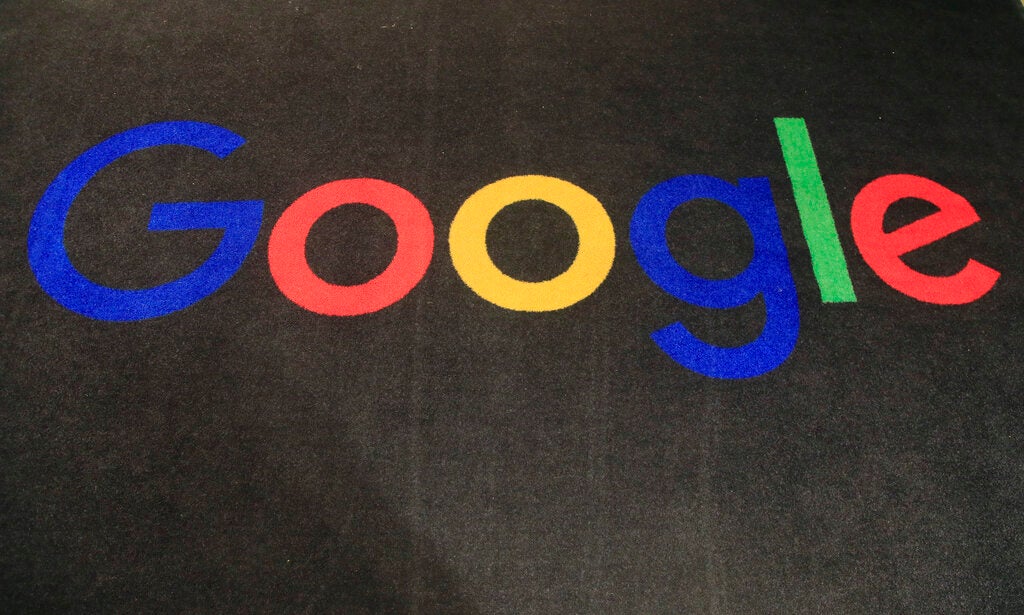Google launches Gemini, upping the stakes in the global AI race
INDIANAPOLIS (WISH) — Google took its next leap in artificial intelligence with the launch of project Gemini, an AI model trained to behave in human-like ways that’s likely to intensify the debate about the technology’s potential promise and perils.
According to the Associated Press, the rollout will unfold in phases, with less sophisticated versions of Gemini called “Nano” and “Pro” being immediately incorporated into Google’s AI-powered chatbot Bard and its Pixel 8 Pro smartphone.
With Gemini providing a helping hand, Google promises Bard will become more intuitive and better at tasks that involve planning. On the Pixel 8 Pro, Gemini will be able to quickly summarize recordings made on the device and provide automatic replies on messaging services, starting with WhatsApp, according to Google.
Gemini’s biggest advances won’t come until early next year when its Ultra model will be used to launch “Bard Advanced,” a juiced-up version of the chatbot that initially will only be offered to a test audience.
The AI, at first, will only work in English throughout the world, although Google executives assured reporters during a briefing that the technology will have no problem eventually diversifying into other languages.
Based on a demonstration of Gemini for a group of reporters, Google’s “Bard Advanced” might be capable of unprecedented AI multitasking by simultaneously recognizing and understanding presentations involving text, photos and video.
In a virtual press conference, Google declined to share Gemini’s parameter count — one but not the only measure of a model’s complexity. A white paper released Wednesday outlined the most capable version of Gemini outperforming GPT-4 on multiple-choice exams, grade-school math and other benchmarks, but acknowledged ongoing struggles in getting AI models to achieve higher-level reasoning skills.
Some computer scientists see limits in how much can be done with large language models, which work by repeatedly predicting the next word in a sentence and are prone to making up errors known as hallucinations.
“We made a ton of progress in what’s called factuality with Gemini. So Gemini is our best model in that regard. But it’s still, I would say, an unsolved research problem,” Collins said.



